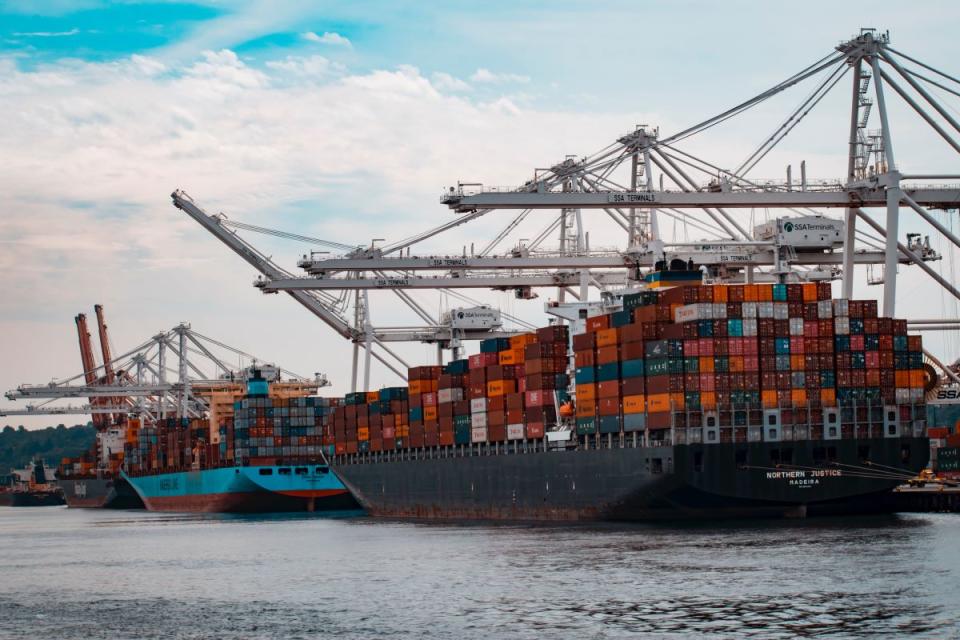Digital exports are a growth catalyst for businesses in Singapore: Stripe

The United States is largest digital export market for businesses in Singapore in 2021, followed by Australia and the UK.
With the economic slowdown unfolding at different rates globally, businesses in Singapore are increasingly turning to digital trade to seek out new customers in less impacted regions.
The top five industries that sold internationally online on Stripe in 2021 were merchandise, clothing & accessories, software, business services, and food & beverage.
According to Stripe’s Digital exports and shifting global trade in Asia Pacific report, the United States is the biggest growth opportunity for businesses in Singapore. This was the largest digital export market for Singaporean businesses selling on Stripe in 2021, followed by Australia and the United Kingdom.
Australia is the fastest-growing market for Singapore businesses selling on Stripe, with a 200% growth in businesses selling to the country between 2020 and 2021. This growth is expected to continue as both countries are signatories to the Regional Comprehensive Economic Partnership (RCEP), a free-trade agreement between the 10 member states of ASEAN.
To successfully tap into new international markets, Stripe’s report recommends businesses in Singapore to offer a wide range of digital payment methods, as not every payment channel is popular or available in all countries. It believes that the new economic infrastructure built for increasingly globalised internet commerce will help businesses pivot fast, enter new international markets, and optimise for local consumer preferences.
This is exemplified in the case of Carousell, a classifieds marketplace in Asia that focuses on building highly-tailored, user-focused experiences in its key international markets like Malaysia, Hong Kong, the Philippines, Taiwan, Indonesia, Myanmar, and Vietnam. In October 2020, Carousell used Stripe’s no-code integration to introduce GrabPay to its Southeast Asian markets. By opening another avenue for transactions that way, Carousell’s sales in Malaysia rose by 20% during the pandemic.
“In today’s uncertain macroeconomic conditions, it is essential for businesses to take a long-term view. A host of international opportunities are opening up for Singaporean businesses that are willing to look further and have the right tools in place to sell on a global scale,” says Sarita Singh, revenue growth lead for Southeast Asia at Stripe.
She adds: “With robust financial infrastructure, local businesses are becoming more efficient, adaptable, and scalable in their global expansion. We’re pleased to be supporting forward-thinking and ambitious businesses like MatchMove and Carousell in Singapore, and helping them drive success in the slowdown and future-proof their business.”
See Also:
Click here to stay updated with the Latest Business & Investment News in Singapore
OxPay appointed as digital payment for provider in Q&M Dental's clinics in Singapore
Majority of top Singapore e-commerce sites made basic checkout errors: Stripe
Get in-depth insights from our expert contributors, and dive into financial and economic trends

 Yahoo Finance
Yahoo Finance 